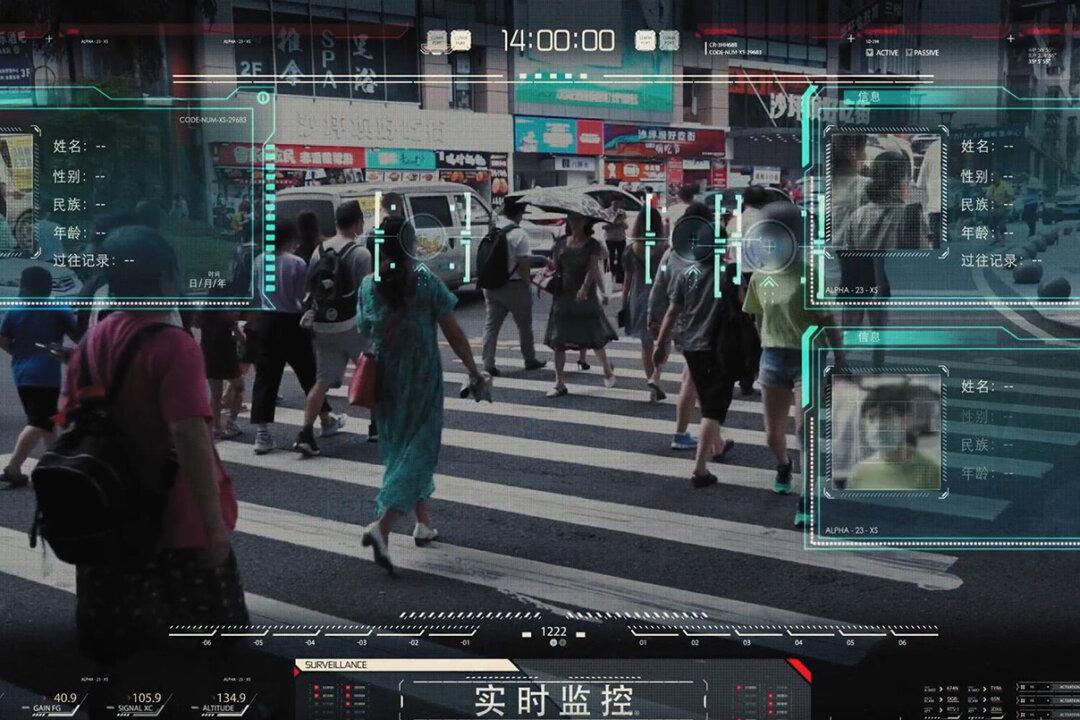News Analysis
The EU–China summit, held in Beijing on Dec. 7–8, was the first in-person summit between Chinese and European leaders in more than four years. However, European Council President Charles Michel returned to Brussels earlier than planned, in part because he didn’t have a secure phone line to speak with EU leaders without being tapped by China.






